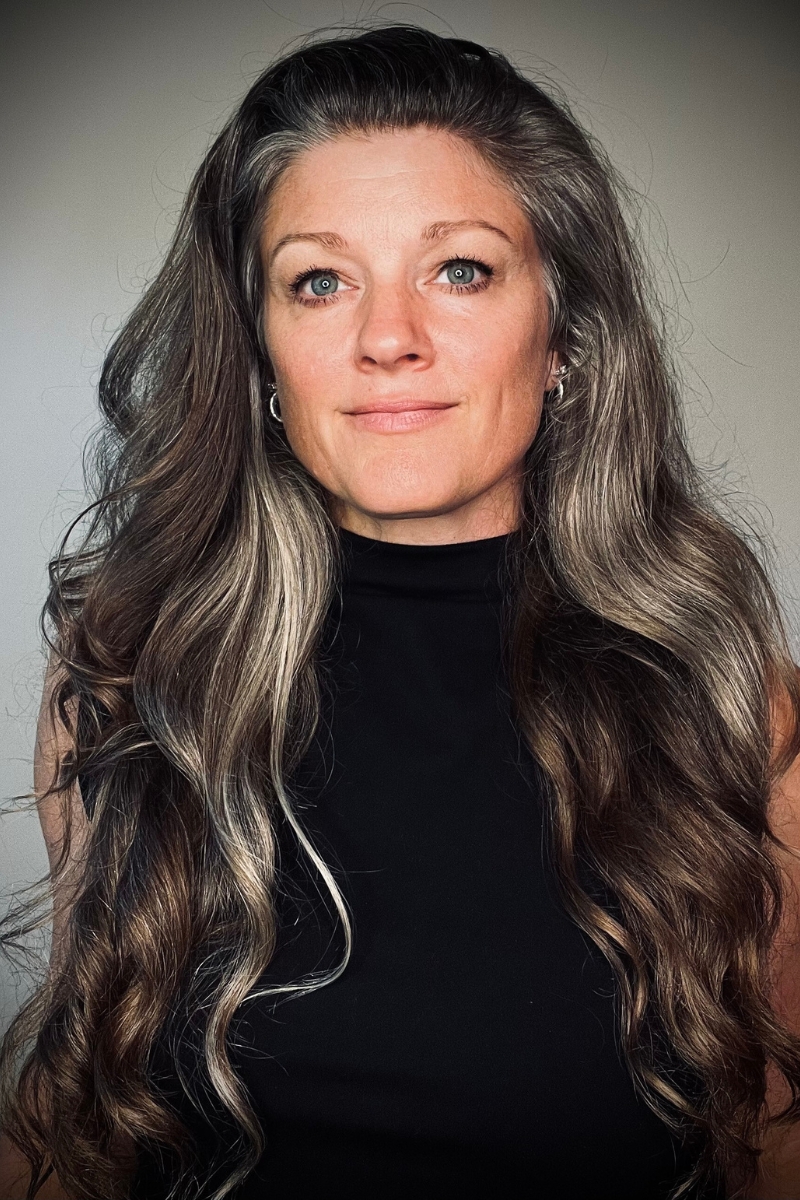What might happen if you took them off?
I would like to open this post with a three-line workplace scene:
Client’s Boss: Are you ok? You seem a little different or low today.
Client: Yeah, I’m really good. My vocal coach told me that I could show up to this meeting as my authentic self, without forcing a smile or wearing any masks, so that’s what I’m practicing.
Client’s Boss: That sounds amazing! I’m going to practice that, too.
There is so much to be learned from this teeny tiny exchange.
Let’s take a closer look…
This client had been playing a role at work for a while. People had come to expect her to be joyful and energetic all the time, and she was (unknowingly) putting a lot of energy into simply maintaining this appearance, rather than confidently stating her objectives or ideas. Because of this, she found herself in a situation in which her thoughts and requests were not being heard or considered, which led to her feeling unsupported, which was making her feel burnt out and resentful.
I had given her permission to go into the meeting as her authentic, professional, educated and experienced self, and not spend any energy on maintaining her mask, and invited her to notice if anything shifted. She was armed with breathing and grounding tools to keep her calm and present as she put her mask down and showed up as authentically as possible for the meeting itself.
The results were so good.
On one hand, her boss initially – and not at all unexpectedly, thought something was wrong with her. She had let go of the ‘cheerful’ routine.
On the other hand, upon being asked about it her first impulse was to stand up for her authenticity rather than retreat into a fake smile “no, I’m totally fine” mode. Once she did this and realized she was safe, she was able to get to the real work of the meeting and have an honest conversation with her boss about her job.
After the meeting, she felt so much relief. What a victory to just be oneself and get down to the actual work of doing work! A big weight was lifted.
Additionally, when she bravely and thoughtfully explained the situation, her boss responded with complete understanding, support and camaraderie. This created a beautiful feedback loop of safety. And perhaps his eyes had also been opened to something new, and now he has another tool to help him support his team members.
Everyone wears masks. Even me. Even you.
The story above represents a common experience that women encounter in their personal and professional lives. The ‘you should smile more’ story.
However…
People across all genders, cultures, professional and personal backgrounds will find themselves wearing masks throughout their daily lives for all sorts of reasons.
Clients of all types come to me for things like jaw tension, enunciation problems or projection issues. Not opening one’s mouth to speak is a major indicator of mask-wearing or hiding. In fact, in my opinion, most voice or speech issues are related to mask-wearing or hiding.
What keeps us behind the mask?
Emotional masks are a key tool for living in a social world. They are helpful and necessary. Like other coping and survival strategies, we develop masks as we grow up in order to keep us safe. Sometimes we absolutely need to have a good poker face.
And…
As with other survival strategies that we pick up as we journey through our lives, it’s helpful to notice when our masks no longer serve us anymore, or when they are trying to protect us from a threat that isn’t real or no longer exists, or when they are actually getting in the way of our safety or causing us problems.
So often we don’t even realize we’re wearing a mask, or recognize the impact it is having.
Our reasons for hiding are usually old and live deep within us. It can be a thought or a feeling we’ve carried since childhood, or the result of an acute moment of danger (social or physical), or a mechanism that developed over years of being treated a particular way.
Because the survival strategy develops itself automatically, we’re not always aware that it’s even there, so like any kind of growth work, it starts with looking around inside the corners of yourself.
Some common reasons for hiding that come up in my coaching work are:
- What if they hear my accent and think that I don’t belong here?
- What if I say the wrong thing or sound like an idiot?
- What if the truth is that I just really don’t want to be here and I’m pretending that I do?
- What if I let my mask go and my physical or emotional safety is at risk?
- What if I let my mask go and other people think I’m a threat?
- What if I’m not who they think I am?
- What if I really need to say something, but don’t have the right words or the courage?
- What if I speak my truth and everything changes?
Any of that sound familiar? Yeah, me too.
By the way, we don’t only wear masks around others, we totally wear masks with ourselves, too! Being a human is so tricky!
Time to look at YOUR masks.
You knew this part was coming. 🙂
Listen, I don’t want to imply that all your masks need to – or even should come down. And I’m not here to suggest that letting go of an old belief or survival strategy is easy or simple. This post is just a starting place.
And…
It’s true that people commonly respond to us in more healthy and authentic ways when we present them with our more healthy and authentic selves.
At the very least, analyzing some of your outdated or outmoded masks and finding one or two to set down will give you SO MUCH energy back. You can then use that energy to foster a sense of genuine safety within your inner world, learn to trust your own authenticity and start connecting with the world outside of you in a whole new way. Sounds super exciting and scary AF, right?!
So then, your thought prompts for this week are:
What is a mask that are you wearing that no longer serves you? What would it feel like to put that mask down and feel safe to be you? What would feel supportive as you take that first step and give it a try?
Would love to hear your thoughts.



